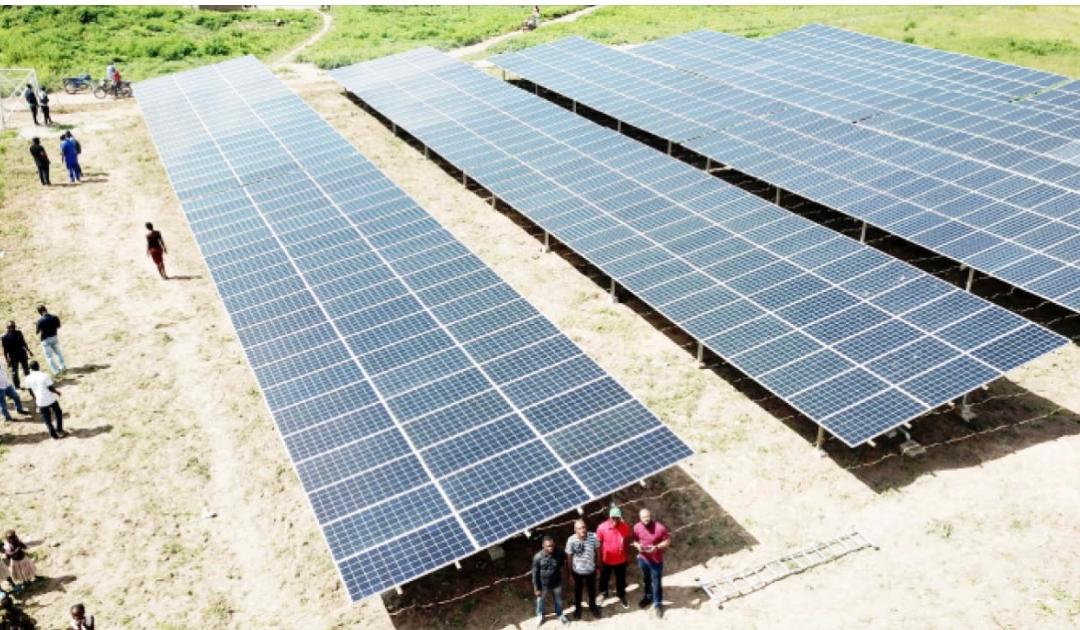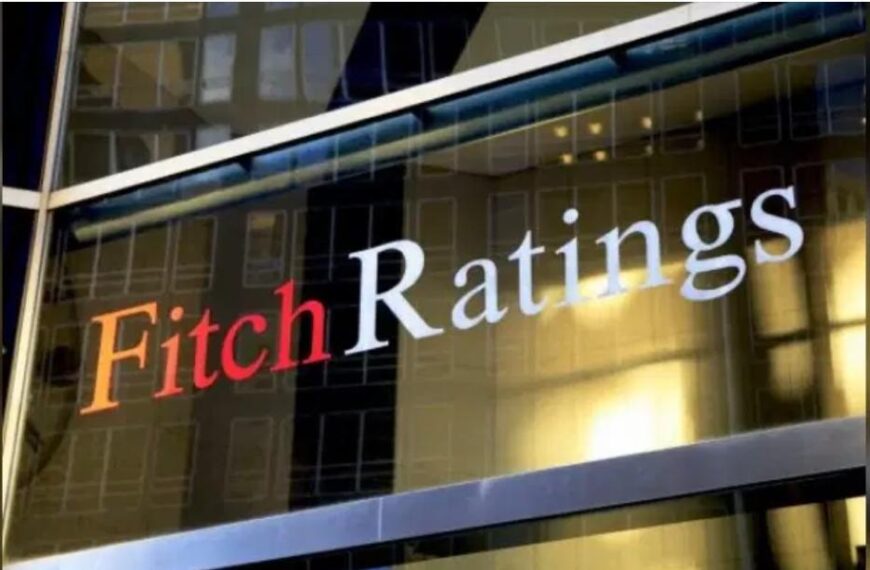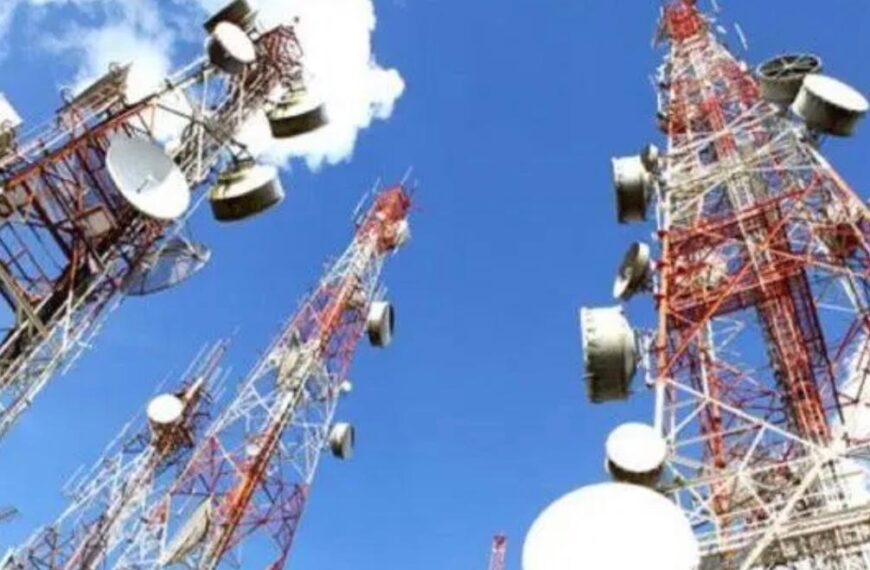Stakeholders and economic analysts have raised concerns over the alleged plan by the federal government to ban importation of solar panels.
Daily Trust reports that the federal government has unveiled plans to prohibit the importation of solar panels, in order to support local manufacturing and expedite the nation’s shift toward clean energy solutions.
This also aligns with Presidential Executive Order No. 5, which prioritises local content in the science, engineering and technology sectors.
Minister of Science and Technology, Uche Nnaji, stressed Nigeria’s capacity to produce its own solar panels, with the National Agency for Science and Engineering Infrastructure (NASENI) playing a key role in local manufacturing.
“We have lithium in abundance here in Nigeria, so Mr President is already taking action. We are adding value to our raw materials. The lithium we have here will be processed and used as batteries for vehicles,” he said.
But experts say the plan poses a threat of operational disruptions to startups that have invested in solar energy solutions.
The Centre for the Promotion of Private Enterprise (CPPE) on its part expressed concern about the statement credited to the minister while strongly advising against the policy proposition.
Giving reasons for this, the Director/CEO of the CPPE, Dr Muda Yusuf, noted that currently, Nigeria has one of the worst energy accesses with a per capita electricity consumption of about 160kWh, far below the sub-Saharan average of 350Kwh.
According to him, the adoption of the solar energy solution “is one of the most impactful government initiatives to tackle this problem and it has gained remarkable traction.”
The CPPE stated that a ban on the importation of solar panels in the face of glaringly inadequate domestic production capacity would worsen the country’s energy crisis. It would worsen energy access
Dr Muda stated that it is a complete negation of the government policy to deepen and promote the adoption of renewable energy solutions by households, small businesses, rural communities and government institutions and other corporate organisations.
This adoption of solar solutions has gained an impressive momentum in the last two years, especially in light of the soaring energy cost in the economy.
The statement added, “It would worsen the problem of energy access as it would make the cost of solar energy solutions prohibitive, putting it beyond the average Nigerian.
Daily Trust












